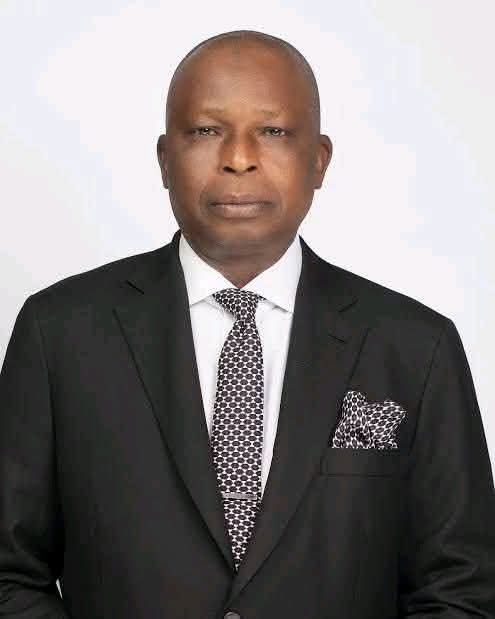National
“Wike Cannot Be Blamed For Rivers Emergency Rule, It Was Fubara Who Tele-guided Militants To Blow Up Pipelines” — AGF

Attorney General of the Federation (AGF) and Minister of Justice, Lateef Fagbemi, has stated that the former governor of Rivers State, Nyesom Wike, should not be blamed for the political crisis in the state or any potential imposition of emergency rule. Instead, he accused Governor Siminalayi Fubara of instigating violence by allegedly directing militants to attack oil pipelines in the region.
Fagbemi made these remarks in response to growing tensions in Rivers State, where the political struggle between Fubara and Wike, now the Minister of the Federal Capital Territory (FCT), has escalated. The conflict between both political figures has led to concerns about instability in the oil-rich state.
According to the AGF, reports indicate that recent attacks on pipelines were not random acts of vandalism but were orchestrated by individuals linked to the state government. He alleged that Fubara had encouraged militants to destroy oil infrastructure, an action that could justify the federal government considering emergency measures. He argued that the state government should be held responsible for any security breakdown resulting from these activities.
The crisis in Rivers State has been ongoing for several months, fueled by the political fallout between Wike and his successor. Despite initially supporting Fubara’s election, Wike and his loyalists in the state assembly have been at odds with the governor over control of the state’s political structure. This rift has resulted in legal battles, protests, and calls for intervention from both state and federal authorities.
The AGF clarified that Wike was not behind any plan for an emergency rule, dismissing accusations that the former governor was influencing the federal government’s decisions. He insisted that the security situation in Rivers State was being closely monitored, and any steps taken would be based on maintaining law and order.
The alleged attacks on oil pipelines come at a time when Nigeria is facing economic difficulties, with oil revenue being a critical source of national income. Any disruption to oil production in the Niger Delta could have severe financial consequences for the country. The federal government has repeatedly warned that it would not tolerate activities that threaten national security and economic stability.
Fubara, however, has denied any involvement in the attacks and has instead accused his political opponents of trying to undermine his administration. His supporters argue that he is being unfairly targeted to create a justification for external intervention in the state’s affairs.
The political crisis has drawn reactions from various stakeholders, including opposition parties and civil society groups, who have called for peaceful resolutions rather than escalating tensions. Some political analysts have warned that a declaration of emergency rule could further complicate the situation and lead to unrest in the region.
Despite the AGF’s statements, there remains significant debate over the true cause of the crisis and who should be held accountable. As tensions persist, the federal government’s next course of action will be closely watched by both political observers and residents of Rivers State.
